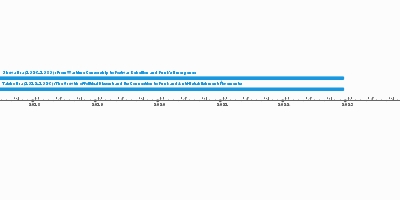Peasant Youth Protesters (1873 – 1884) (10 gen 1873 anni – 9 nov 1884 anni)
Descrizione:
Description:Rural youth, often the most affected by new taxes, conscription, and compulsory schooling, participated in riots and protests, such as the Chichibu Incident.
Cultural / Historical Context:
The Conscription Law of 1873 and the Land Tax Reform imposed new burdens on rural families. Compulsory education (from 1872) required children to attend school, disrupting traditional agricultural labor patterns. These policies led to widespread discontent and resentment among rural communities.
Events/Names:
January 10, 1873: Conscription Law enacted: This law forced young men into military service, disrupting their families' livelihoods and creating resentment among rural communities.
July 28, 1873: Land Tax Reform: This imposed new financial burdens on rural families, exacerbating economic hardships and fueling protests.
October 31 - November 9, 1884: Chichibu Incident: This major peasant uprising, involving many young men, symbolized rural resistance to state authority and became a touchstone for future protests.
Connection to Youth Rebellion/Punk Sentiments:
Young peasants resisted state intrusion, sometimes violently, asserting their agency in the face of modernization. They directly challenged the authority of the Meiji government and fought to protect their traditional way of life. Their actions represented a rejection of state-imposed policies and a defense of rural autonomy. By engaging in protests and riots, they disrupted the established order and demanded greater consideration for the needs and concerns of rural communities.
Why This Subculture Matters:
These protests highlight the role of youth in rural resistance and generational tensions during rapid change. By studying them, we can gain insight into the social and economic impacts of modernization on rural communities and the ways in which youth responded to these challenges. These protests represent a critical chapter in the history of Japanese resistance and provide valuable lessons about the importance of addressing the needs and concerns of marginalized communities.
Equivalent Western Example:
Young participants in European peasant revolts or the US Draft Riots of 1863 faced similar challenges and engaged in similar forms of resistance.
Aggiunto al nastro di tempo:
Data:
10 gen 1873 anni
9 nov 1884 anni
~ 11 years
